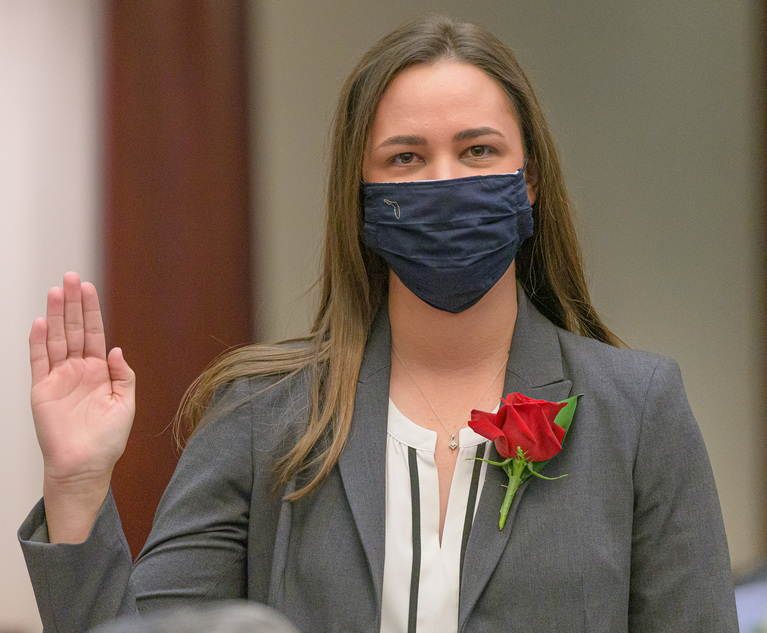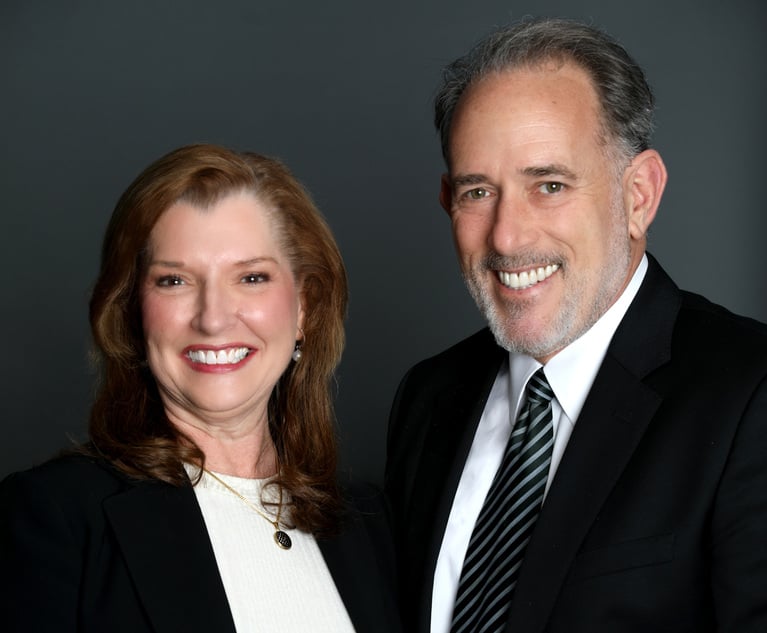The Florida House is on the cusp of passing a massive expansion of school-voucher programs that would make every student eligible to receive taxpayer-backed scholarships, while the full Senate is poised to consider its version of the bill.
A disagreement, however, has continued to simmer about the costs of the proposals, with House and Senate estimates differing by hundreds of millions of dollars.
The House took up its version of the bill (HB 1) on Thursday and positioned it for a likely vote on Friday. The Senate version (SB 202) cleared its final committee Thursday and is ready to go to the full Senate.
Under both proposals, families would be eligible to receive vouchers if “the student is a resident of this state and is eligible to enroll in kindergarten through grade 12 in a public school in this state.” Current voucher programs include income-eligibility requirements.
The bills would make another significant change by allowing families of home-schooled students to receive voucher funds. Families could spend the money on a range of purchases beyond private-school tuition, including instructional materials, fees for certain exams and tutoring services. The proposals would create what are commonly known as “education savings accounts” in Florida.
A House staff analysis estimated the expansion would cost about $209.6 million, while a Senate analysis released this week estimated a price tag of roughly $646 million.
The wide disparity drew questions from Democrats during debate on the House floor.
“How could there be a $400 million discrepancy between two chambers analyzing the same bill?” asked Rep. Robin Bartleman, D-Weston.
House bill sponsor Kaylee Tuck, R-Lake Placid, attributed the difference to the Senate estimate taking into account money from the state’s Florida Tax Credit Scholarship program, which provides tax breaks to companies that make contributions to fund vouchers. The House does not include that pot of money in its estimate.
“My understanding is that they [the senators] are including the FTC [Florida Tax Credit] dollars in that count as well,” Tuck replied.
The Senate estimate anticipates that $429.3 million from the tax-credit program would go toward funding the expanded vouchers.
Cost questions also were debated during a meeting of the Senate Appropriations Committee, which voted 12-6 on Thursday to approve the Senate version.
Leon County Superintendent of Schools Rocky Hanna disputed the Senate’s $646 million estimate. Hanna used a $4 billion figure that initially was put forward by the Florida Policy Institute, a non-profit group that opposes the voucher plan.
“Let’s be clear, universal [vouchers] is $4 billion. There are 500,000 students — 400,000 in private schools and 100,000 in home schools. Five-hundred thousand times [$8,000] is $4 billion. That is the cost, not $600 million,” Hanna said to senators, referring to the roughly $8,000 in per-student funding for public-school students.
Tuck and other supporters of the expansion have disputed the $4 billion estimate.
The Appropriations Committee approved changes that more closely aligned the Senate bill with the House proposal.
For instance, the Senate panel approved a proposal that would require vouchers to be prioritized in a tiered system by income level. Students whose household incomes are less than 185% of the federal poverty level, or roughly $51,000 for a family of four, would get first priority. Next would be students whose family incomes are from 185% of the poverty level to 400% of the poverty level, or about $111,000 for a family of four.
Senate sponsor Corey Simon, R-Tallahassee, called the proposed expansion “transformational” for students.
“If you can’t buy into the transformational opportunity that our kids are presented with, we’re going to have a disagreement every single day of the week,” Simon said.
Ryan Dailey reports for the News Service of Florida.
NOT FOR REPRINT
© 2024 ALM Global, LLC, All Rights Reserved. Request academic re-use from www.copyright.com. All other uses, submit a request to [email protected]. For more information visit Asset & Logo Licensing.


 Rep. Kaylee Tuck. Photo: Robert Hunter/Florida House of Representatives
Rep. Kaylee Tuck. Photo: Robert Hunter/Florida House of Representatives




